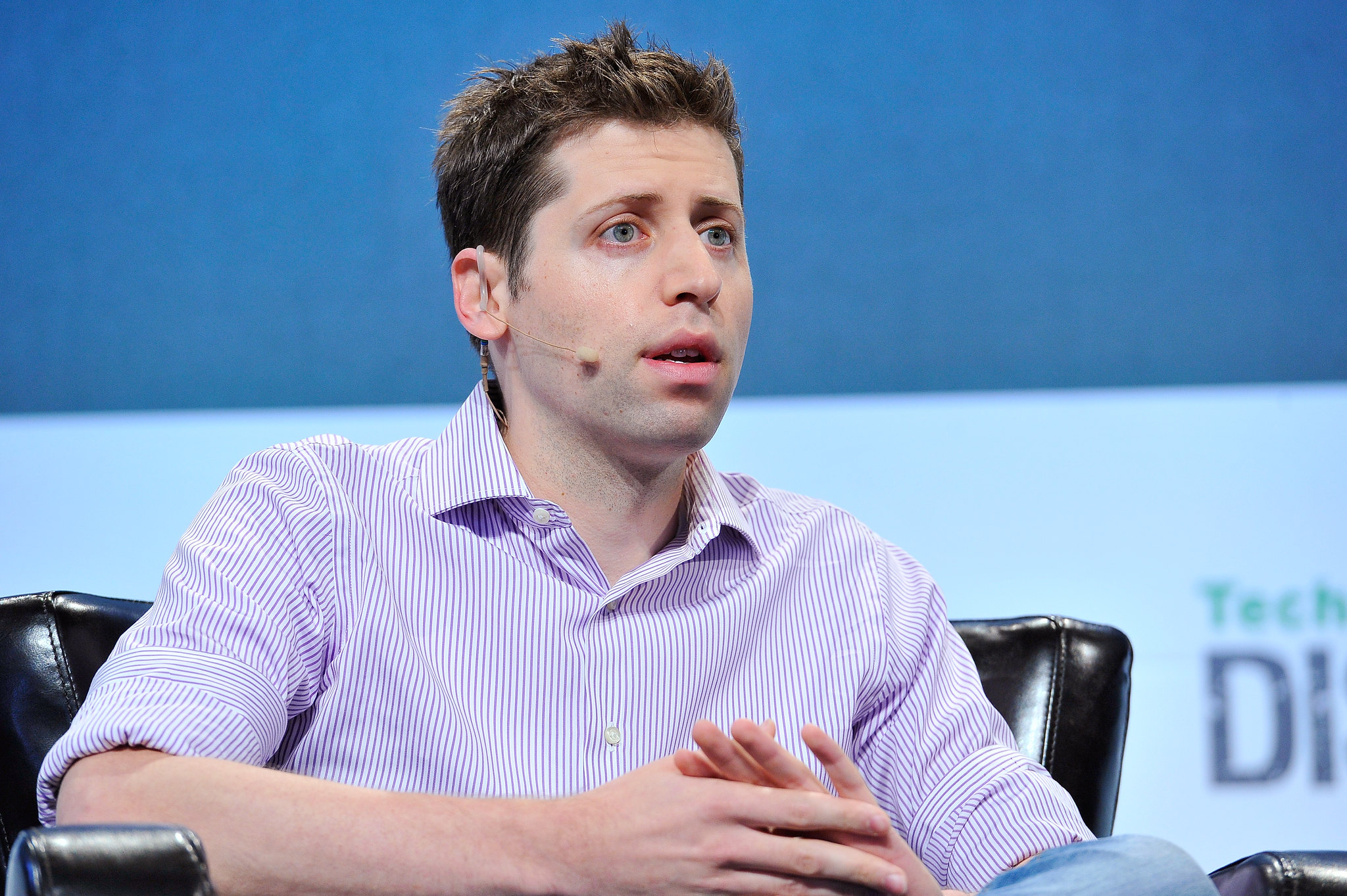 AI
AI
 AI
AI
 AI
AI
OpenAI Inc., the startup behind the artificial intelligence-powered chatbot tool ChatGPT, is the subject of a tender offer from investors that could see its valuation soar to as much as $29 billion.
A report from the Wall Street Journal today claims that venture capitalist firms Founders Fund and Thrive Capital are in talks to invest in the red-hot startup in a deal that would see them purchase shares from existing OpenAI shareholders such as its employees. If the deal goes ahead, it would more than double OpenAI’s previous valuation of $14 billion, set following its most recent tender offer in 2021.
OpenAI captured the public’s imagination recently with the launch of its viral chatbot tool ChatGPT late last year. The chatbot can give intelligent, human-like responses to almost any kind of question, even complex ones such as “describe a debate between two students about the value of education.”
Within a few days of its launch on Nov. 30, ChatGPT had racked up more than a million users, according to a tweet by Chief Executive Sam Altman (pictured). Industry watchers have claimed that ChatGPT is such a major technological breakthrough that it could one day even rival Google LLC as an alternative to Google Search, though Altman has previously admitted that it still suffers from glitches.
OpenAI is also behind DALL-E, an AI-powered image generation tool that has demonstrated a human-level artistic flair, creating some incredible pictures based on people’s text-based descriptions.
The startup was founded as a nonprofit back in 2015, with a mission of pursuing AI research for the benefit of humanity. In order to raise more capital to pay for the computing power needed to train its algorithms, OpenAI established a for-profit arm in 2019.
Its original backers included Tesla Inc.’s CEO Elon Musk, LinkedIn. Corp. co-founder Reid Hoffman, as well as Altman, who was formerly president of prominent venture capital firm Y Combinator. However, most of the funds raised by OpenAI since then have come from Microsoft Corp., a company with which it has become closely associated.
Analyst Rob Enderle told SiliconANGLE that ChatGPT is now considered to be the leading technology in terms of conversational AI and that Microsoft is planning to leverage it heavily in future products, including its Bing search engine.
“ChatGPT is on track to revolutionize how we interface with computers, particularly with internet search,” Enderle said. “This renewed and increased valuation reflects Microsoft’s interest and also shows how visible this technology has suddenly become. It has become highly desirable by investors and could be an even more significant game-changer for human/computer interaction going forward. The exciting thing is that while the $29 billion target seems extreme, given its earlier valuation of below half that, the number may actually be a conservative estimate given the massive interest built up around its technology.”
OpenAI says that its ultimate goal is for its technology to achieve what researchers call “artificial general intelligence,” which is a state where AI can fully mirror the intelligence, creativeness and thoughtfulness of humans. Altman, in a December interview with the Journal, said that OpenAI’s tools can potentially have a transformative effect on society similar to that of the smartphone. He believes AI can be used to come up with solutions to some of the largest challenges facing the scientific community today.
In the meantime, though, OpenAI clearly needs more money if it wants to get there. The company claims to be generating “tens of millions of dollars” in revenue and believes it is on track to hit $1 billion in annual revenue by 2024, Reuters reported previously. However, Altman has also stated that OpenAI intends to avoid going public or getting acquired.
“ChatGPT has really opened people’s eyes to how far AI has progressed,” said Holger Mueller of Constellation Research Inc. “It’s reached a point where it’s no longer clear if a human or an AI has performed the work. So it’s not surprising that this has caught the eye of investors who want to get in early. OpenAI is a tricky case, though, because it doesn’t want to go public, so a tender offer is the most viable way for investors to jump on the ChatGPT AI bandwagon early.”
The tender offer is necessary because investors in OpenAI can only cash out of the company through secondary share sales. However, OpenAI’s investors have an incentive not to sell. According to the Journal, investors in the firm are limited to profits of around 20 times their original investment, though they can earn bigger returns the longer they wait before selling up their shares.
THANK YOU